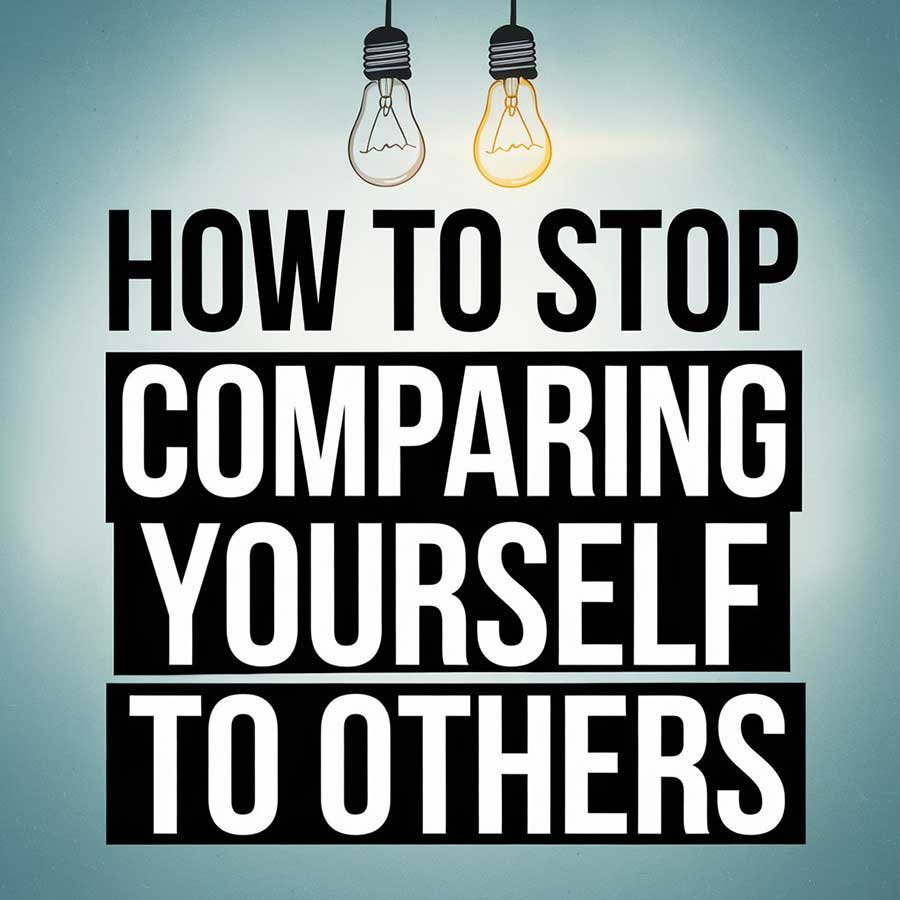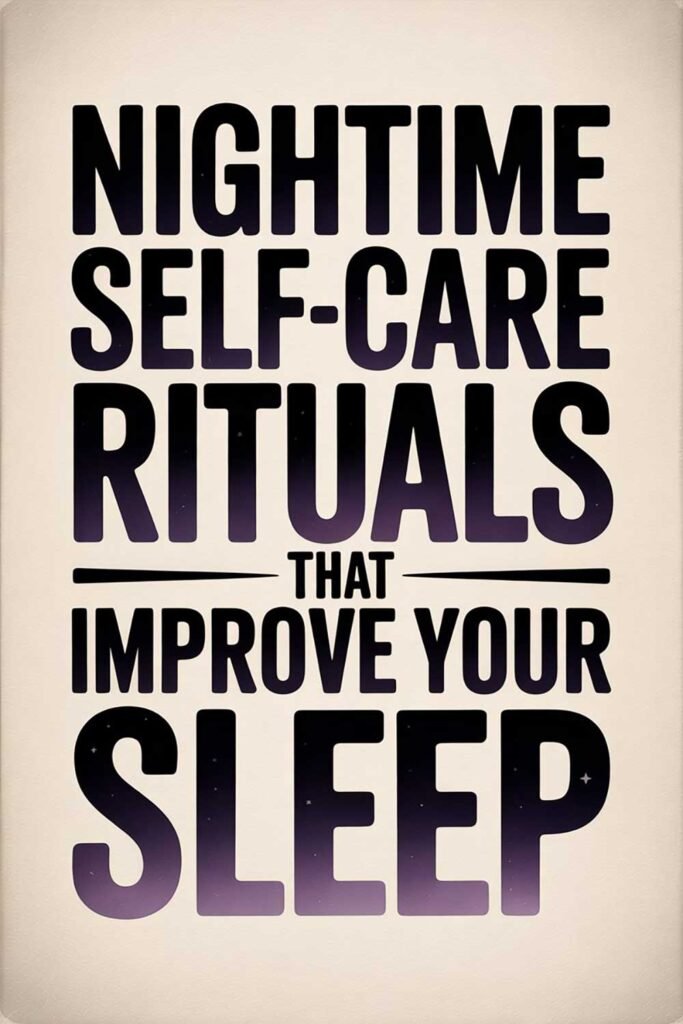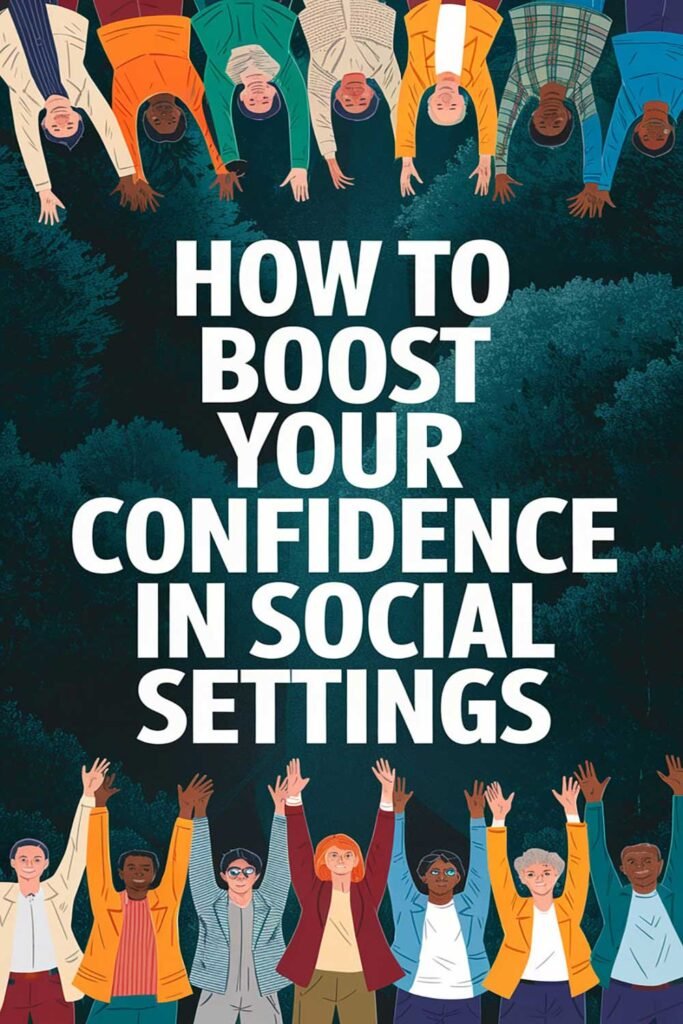
How to Stop Comparing Yourself to Others
Understanding the Comparison Trap
In today’s hyperconnected world, comparing yourself to others has become more common than ever. Social media, societal expectations, and personal insecurities can make you feel as though you’re not measuring up. This habit can lead to feelings of inadequacy, stress, and self-doubt, preventing you from fully embracing your own strengths and achievements.
The truth is, comparison is a natural human tendency. However, when it becomes habitual and negatively impacts your self-esteem, it’s time to break free and shift your focus inward. Learning how to stop comparing yourself to others will help you cultivate a healthier mindset, improve self-confidence, and lead a more fulfilling life.
Why Comparing Yourself to Others is Harmful
Constant comparison can have several negative effects, including:
- Lower Self-Esteem – When you constantly measure yourself against others, you may feel like you’re not good enough.
- Increased Anxiety and Stress – Striving to keep up with unrealistic standards can cause emotional exhaustion.
- Reduced Motivation – Feeling inferior may lead to discouragement and inaction.
- Lack of Gratitude – Focusing on what others have can prevent you from appreciating your own blessings.
- Distorted Reality – Social media often presents curated, unrealistic portrayals of success, making comparison misleading.
Strategies to Stop Comparing Yourself to Others
1. Recognize When You’re Comparing Yourself
The first step to overcoming comparison is awareness. Pay attention to moments when you compare yourself to others and ask yourself:
- Is this comparison making me feel motivated or discouraged?
- Am I focusing on someone’s highlight reel rather than their reality?
- Is this comparison helping me grow, or is it lowering my self-esteem?
Once you become aware of these moments, you can consciously redirect your thoughts.
2. Focus on Your Own Journey
Everyone’s life path is unique. Instead of measuring your progress against someone else’s, focus on:
- Your personal goals and achievements.
- The improvements you’ve made over time.
- What makes you happy and fulfilled.
Comparing yourself to your past self rather than to others allows you to see how much you’ve grown.
3. Limit Social Media Exposure
Social media often showcases idealized versions of people’s lives. Reduce comparison by:
- Unfollowing or muting accounts that trigger self-doubt.
- Taking breaks from social media when you feel overwhelmed.
- Reminding yourself that social media is curated and not a full reflection of reality.
4. Practice Gratitude
Focusing on what you have rather than what you lack can shift your mindset. Start a gratitude journal and write down:
- Three things you appreciate about yourself.
- Three things you’re grateful for each day.
- Past achievements that make you proud.
Gratitude helps you see the value in your own journey rather than comparing it to someone else’s.
5. Turn Comparison into Inspiration
Instead of allowing comparison to discourage you, use it as motivation to grow. Ask yourself:
- What can I learn from this person’s success?
- How can I apply their strategies to improve my own life?
- What unique qualities do I have that make my journey special?
Shifting your perspective from envy to inspiration allows you to grow without feeling inadequate.
6. Celebrate Your Strengths
Rather than dwelling on what you lack, acknowledge your own unique qualities. Make a list of:
- Your skills and talents.
- Compliments or positive feedback you’ve received.
- Achievements, no matter how small.
Recognizing your strengths boosts self-confidence and reduces the urge to compare.
7. Surround Yourself with Positive Influences
The people you spend time with influence your mindset. Seek out:
- Supportive friends who uplift and encourage you.
- Mentors who help you grow rather than make you feel inferior.
- Communities that focus on growth rather than competition.
Being around positive influences reinforces self-worth and discourages unhealthy comparisons.
8. Set Realistic Goals
When you have clear personal goals, it becomes easier to focus on your own progress rather than someone else’s. Set:
- Short-term and long-term goals that align with your values.
- Measurable milestones to track your growth.
- Goals based on personal fulfillment rather than external validation.
9. Embrace Imperfection
Nobody is perfect, and everyone has struggles—even those who seem successful. Accepting that:
- Mistakes are part of learning.
- Growth takes time.
- No one has it all figured out.
By embracing imperfection, you free yourself from the unrealistic standards that comparisons often create.
10. Practice Self-Compassion
Treat yourself with kindness instead of harsh self-criticism. Whenever you feel inadequate, remind yourself:
- “I am enough just as I am.”
- “I am on my own unique journey.”
- “I celebrate my progress, no matter how small.”
Self-compassion fosters resilience and allows you to focus on your personal growth.
Picture This
Imagine waking up every morning feeling secure in who you are. Instead of scrolling through social media and comparing yourself to others, you focus on your own goals and achievements. You celebrate your progress, no matter how small, and appreciate your journey without feeling the need to measure it against someone else’s. You feel lighter, more confident, and at peace with where you are in life. This is the freedom that comes with letting go of comparison.
Share This with Someone Who Needs It
If this guide inspired you, share it with a friend or loved one who struggles with self-comparison. Together, we can create a mindset of self-acceptance and personal growth.






